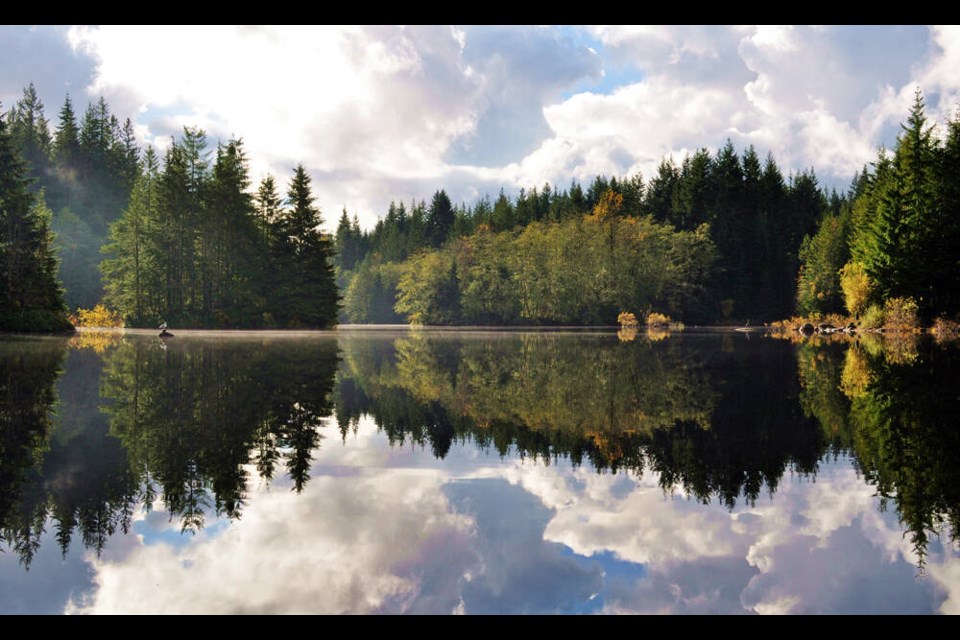Outdoor schools and camps that regularly access Rice Lake are being told by Metro Vancouver they’ll have to find new places to spend the day in nature.
Soaring Eagle Nature School founder Jenna Rudolph said she’s been bringing her classes to the trails around the lake, which is in the Lower Seymour Conservation Reserve, since 2011 but has recently been told their permit for that area won’t be renewed this September, in accordance with Metro’s new management plan.
Although the LSRC is one of North Vancouver's premier outdoor recreation destinations, it is not designated as a park. It is primarily a land reserve for the region's water supply.
“Ultimately, it feels like they’re putting the kids in our program on a leash and letting dogs and dog walkers go wherever they want,” said Rudolph, whose school offers programming in things like forest ecology, wildlife and survival skills. “It’s really confusing to the kids. They don’t really understand why they can’t go to Rice Lake anymore.”
Rudolph said the reason they were given was that Metro staff were seeing degradation of the understory around the lake. Metro has offered to allow Soaring Eagles to continue in other areas including the Clearwell field, but she added it’s often full off off-leash dogs and dog poop.
Without regular access to Rice Lake, Soaring Eagles will have to become more “nomadic,” Rudolph said, which will likely mean some longtime families and students leaving the program.
The school has become a “respite” for kids on the autism spectrum and others who aren’t fitting well in regular schools, Rudlph said, adding Metro should view them as an ally.
“Because of the education that we provide to the North Shore community, because of the citizen science that we’re doing with the kids, because of the relationship that these kids are building with the natural world, that’s in line with their core values,” she said. “We could be doing a lot of work with them. Rather they just see us a mere permit holder.”
Mike Mayers, division manager of watershed operations and protection for Metro, said they want to see permit holders continue to make use of the trails but they have to balance that with environmental protection.
“We’re struggling and juggling a 26 per cent increase in visitation and we’re seeing a lot of impacts in different parts of the forest,” he said, adding that having large groups of kids going off-trail is a particular issue around Rice Lake. “It’s not too hard to see impact. The vegetation is either devoid or has been trampled. On the soils, there’s no duff layer anymore underneath the tree canopy.”
Other groups are also being told they must reduce their numbers and/or move out of environmentally sensitive areas in the LSCR, Mayers added.
Mayers said he is planning to meet with Rudolph on April 19 to discuss a plan that would permit Soaring Eagles to use at least six trails in the area.
“We’re just trying to work with all the different users to make it more enjoyable experience for all,” he said.



